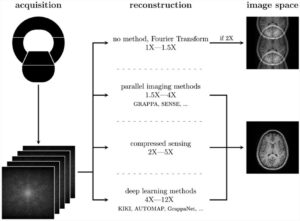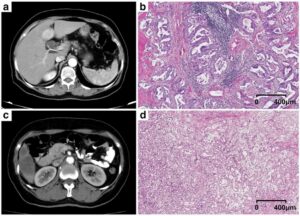This week in artificial intelligence (AI) news, we take a look at a poll showing the lack of confidence individuals have in their preparation for a world run by AI, the fragility of deep neural networks and how to fool them, and autonomously retracing the journey of the Mayflower.
In a recent poll by Northeastern University and Gallup, a disconcerting amount of individuals from around the world stated that they do not believe that their undergraduate education will provide the skills they need and prepare them for when AI inevitably takes over many jobs currently performed by humans. Over 10,000 individuals took part in the global survey and a majority of the public in the United States, Canada and the United Kingdom believe that the business world and governments are not doing enough to “address the need for career-long learning and training.” The poll also showed that respondents from the United States overwhelmingly agreed that when it comes to lifelong learning, the burden of affordability should be on employers as opposed to the individuals themselves; however, the respondents from both Canada and the United Kingdom believed the burden should be placed on the government. To learn about more of the results of this poll, read the full article from Northeastern University by clicking here.
Deep neural networks (DNNs) have been incredibly efficient when learning and classifying various elements of detailed information, such as images and speech recognition. However, there is a fragility to DNNs that must be addressed when they come upon unfamiliar tasks that may fall outside their purview. For example, stickers attached to a ‘Stop’ sign have caused an AI system in a self-driving car to read the sign as ‘Speed limit 45 [mph]’. The inverse has also been experienced, as scientists have developed abstract images that are able to trick DNNs into seeing certain objects, although they do not appear as such to the human eye (e.g. a pattern of wavy, multi-coloured lines, which a DNN designated a starfish). Some of the delicate nature of DNNs and AI systems is due to their reliance on large amounts of data to train them for specific functions and pattern recognition. However, for now, scientists believe these methods to train the systems are here to stay. Read the full article from Nature.com on the brittleness of deep learning AI systems by clicking here.
In September 1620, the Mayflower set sail from Plymouth, England to the New World with 102 passengers and around 30 crew members aboard. On the 400th anniversary of the Mayflower’s voyage to America, the Mayflower Autonomous Ship (MAS), built by non-profit marine research organisation ProMare, in coordination with IBM, will begin its maiden voyage across the Atlantic Ocean, retracing the journey of the original vessel. However, the MAS will have no crew and will be guided by Light detecting and ranging (LIDAR), Radio detecting and ranging (RADAR), Global Positioning System (GPS), satellites, and cameras. Using data collected from hundreds of ships, the machine-learning algorithms will guide the ship across the ocean. The journey is planned to take about two weeks, as opposed to the two months the original Mayflower took to arrive in the New World, and throughout the expedition the ship will use IBM’s deep learning software to collect and analyse data to avoid collisions with other vessels, as well as collect samples of ocean water to check for the accumulation of microplastics. To read more on the design of the MAS and its deep learning software, click here for the original article from the BBC.













